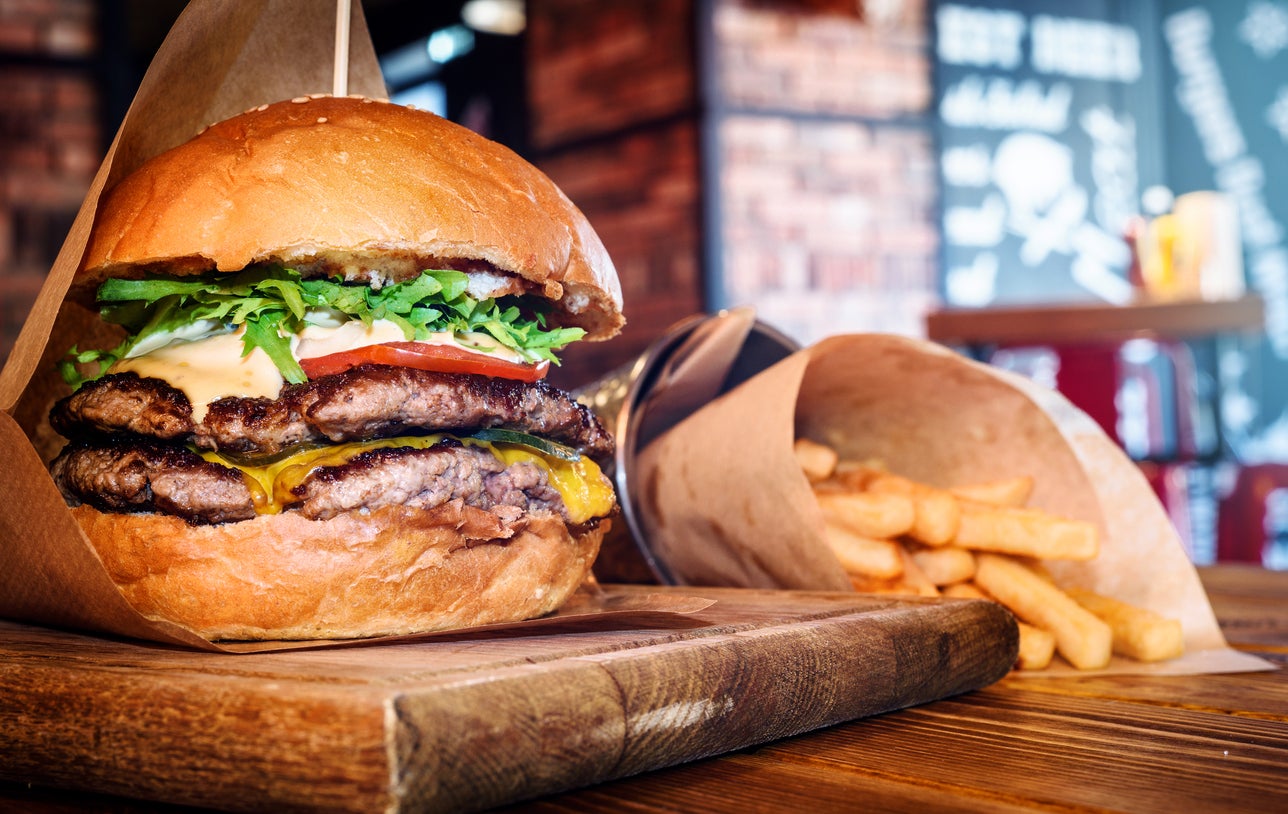The Independent's journalism is supported by our readers. When you purchase through links on our site, we may earn commission.
How gut instinct helps you remember your favourite meals
The 'second brain' does more than tell you when you're full

Researchers have discovered why we’re able to remember the setting of certain meals in perfect detail - yet often forget important dates, names or where we left our charger.
A new study conducted by the University of Southern California has found that it’s all down to the body’s longest nerve, the vagus nerve, which is the link between the brain and your enteric nervous system.
Found in the gastrointestinal tract, the enteric nervous system is known as the “second brain” - it sends and receives impulses, responds to emotions and records experiences.
The vagus nerve is responsible for telling our brains that we feel full after eating, but the new study has found that it also helps us remember details of what and where we ate by sending signals to the hippocampus, which is the area of the brain associated with memory.
The researchers believe this “gut-brain axis” developed to help our ancestors remember where they’d previously found food.
For hunter-gatherers, this neurobiological mechanism was crucial when food sources were scarce and they needed to return to bountiful locations.
“When animals find and eat a meal, for instance, the vagus nerve is activated and this global positioning system is engaged,” said study co-author Scott Kanoski.
“It would be advantageous for an animal to remember their external environment so that they could have food again.”
The researchers conducted their studies on rats, discovering that rats with their gut-brain vagus nerve pathway disconnected could not remember information about their environment.
“We saw impairments in hippocampal-dependent memory when we cut off the communication between the gut and the brain,” said lead author Andrea Suarez, a PhD candidate in biological sciences.
“These memory deficits were coupled with harmful neurobiological outcomes in the hippocampus.”
Interestingly however, when the gut-brain axis was cut off, neither the rats’ weight nor their anxiety levels were affected.
Join our commenting forum
Join thought-provoking conversations, follow other Independent readers and see their replies
Comments
Bookmark popover
Removed from bookmarks